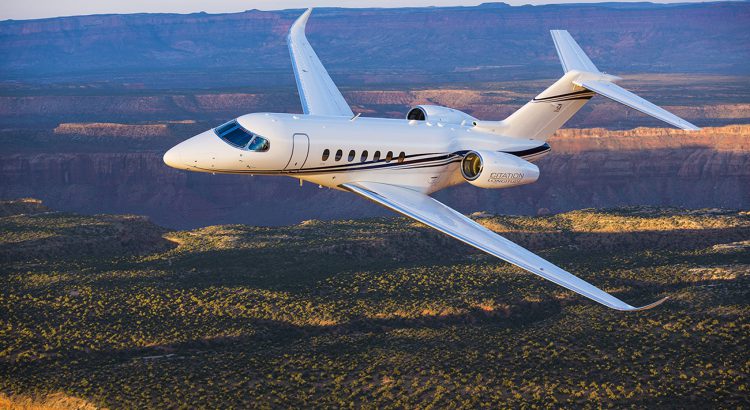The National Business Aviation Association (NBAA) and the International Business Aviation Council (IBAC) today responded to calls from some British political leaders for restricting business aircraft access to airports in the United Kingdom (UK) on emissions grounds.
The two associations emphasized that such proposals disproportionately target a single transportation mode with a proven record on carbon reduction and an aggressive push underway for the availability and use of Sustainable Aviation Fuels (SAF). These non-fossil fuel power sources can reduce aviation’s carbon lifecycle emissions by up to 80%. The fuels are fully certified, safe and ready to use in all turbine engines today.
Despite the industry’s focus on sustainability, representatives of the Labour Party in Britain’s Parliament recently cast their support for such a plan, calling an eventual ban on airport access for business aircraft powered by traditional fuels “a sensible proposal.”
“Even though business aviation accounts for only a minuscule portion of transportation emissions, the industry is pressing ahead on SAF,” said IBAC Director General Kurt Edwards. “Instead of singling out business aviation for prohibitive restrictions on airport access, UK leaders should focus on efforts to make SAF more widely available in the UK through positive incentive policies to encourage production and use of SAF in greater quantities.”
“Business aviation has continually led the way in promoting products, procedures and policies to reduce aircraft emissions, with proven results,” said NBAA President and CEO Ed Bolen. “We urge leaders in the UK and elsewhere to set aside punitive proposals like this one, and work with us to build upon the significant progress made to date.”
Edwards and Bolen pointed to the decades-long industry investment in satellite-based avionics, winglets, airframe composites, advanced propulsion systems and other innovations that have made aircraft ever more fuel efficient, thereby continually reducing carbon emissions. Thanks to these and other advances, over the course of the past four decades, carbon emissions from business aviation have been reduced by 40%.
Ten years ago, business aviation leaders redoubled their commitment to emissions reduction, uniting behind a plan to reduce the industry’s overall emissions 50% by the year 2050, relative to 2005 levels. A central pillar of this commitment has been the development of SAF.
“In addition to the work being done by business aviation manufacturers, operators and fuel suppliers to accelerate the adoption of SAF, we are also working to move past fuel-powered aircraft entirely, with development of electric, hydrogen and solar energy sources,” Bolen added.
“At a time when leadership is needed on sustainability, the proposed ban lacks meaningful value. It will have a de minimis impact on emissions overall while denying connectivity for London and hindering competitiveness for companies of all sizes in the region and beyond,” Edwards said. “Let’s focus on proposals that would have a real effect on emissions reduction while also promoting aviation connectivity and sustainability.”




